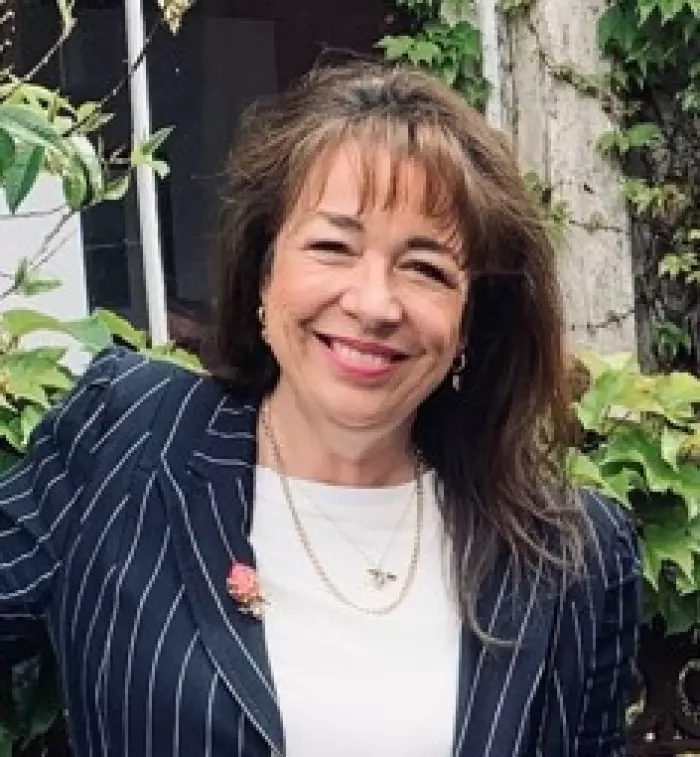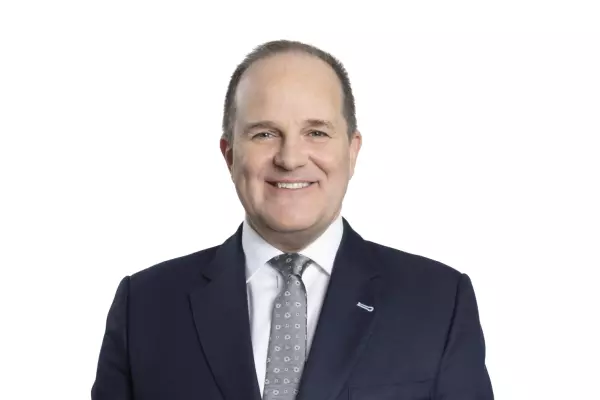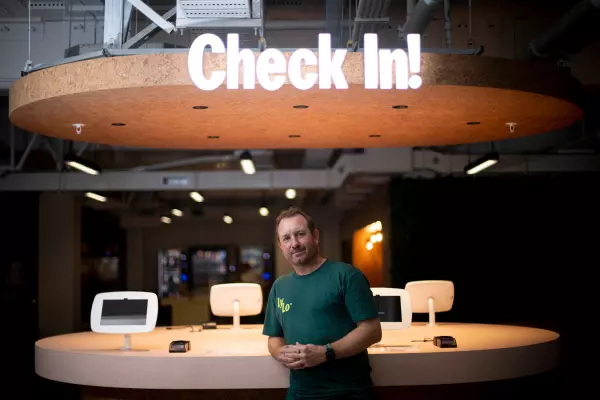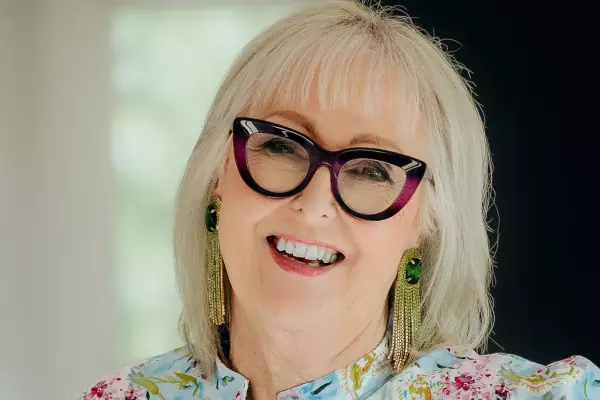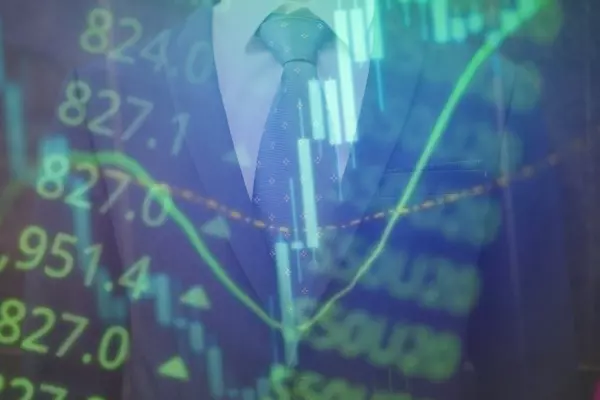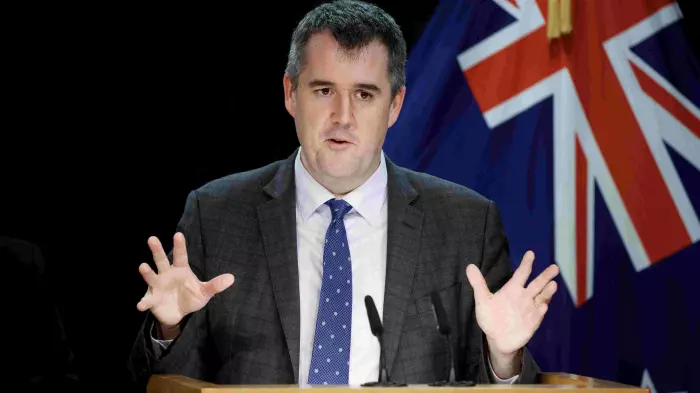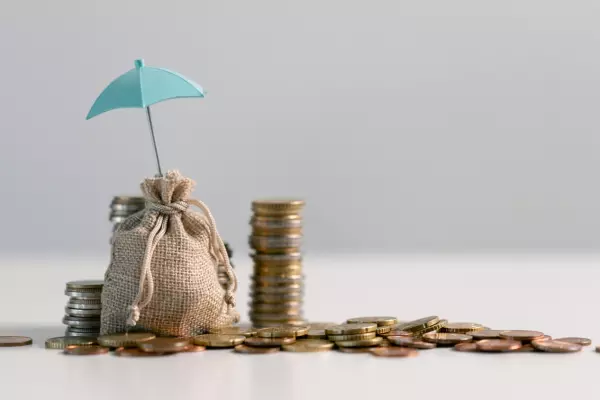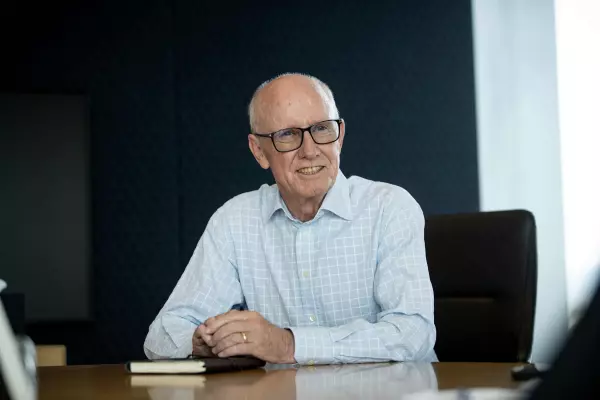Failure and shame are emotions we all want to run away from and avoid. But, actually, failure is an important way we can learn.
It’s often how new business ideas happen and new products are made – and it’s critical for pushing new boundaries.
Scientists have 'failed' experiments all the time as they search for the next cure or treatment.
Yet when things happen to us, we aren’t wanted for a job, we often see it as our failure and we feel inadequate and ashamed. The truth is failure is where we can learn most.
First Attempt at Learning
When we feel most uncomfortable, we have the opportunity to change. This is how we grow, improve ourselves, make us or something else, like a product, or a way of doing things, better.
We need to be curious about failure, perhaps even celebrate and encourage it, not dismiss and hide it.
As a society, we’re good at celebrating success but we often forget that behind it is not only a lot of hard work but usually experiences that were tough.
Next time you’re interviewing, ask about failure, ask about people’s disappointments and it might be more insightful.
Elizabeth Peterson, associate professor in the department of psychology at the University of Auckland shared an acronym for FAIL, First Attempt at Learning.
Listening to Liz reminded me of one of my self-perceived failures. I was made redundant, along with the chief executive and most of the leadership team, just after the share market crash.
I felt so crushed and inadequate. It was close to Christmas, my confidence took a beating, and it severely impacted how I felt about my abilities until I was lucky enough to get another job, which two years later led to me starting my first business.
It took me a long time to realise it had nothing to do with my performance. I was on the wrong team. But I do remember the feeling of shame and not being good enough.
Our culture seems to have an attitude that to fail is somehow weak and inadequate, when in fact we need to accept disappointments and in some cases, encourage more because this is where we learn.
'Good, good'
Best-selling author and entrepreneur Seth Godin points out that imposter syndrome is rare among ditch diggers because they can see the result of their work – the ditch.
But the rest of us are leading, creating, and making things that might not lead to any result. We have no proof yet.
Godin encourages us when we feel like a failure to lean into it, saying "Good, good". Don’t waste time wanting the feeling to go away, it's keeping you on edge, exploring, disrupting who you are and what you can do.
Peterson says we need to talk more about failure as part of the learning process. We often expect people to jump from detecting or feeling the failure to miraculously having a calm and regulated response and a pathway forward.
Talking about failure, Peterson says, gets people more comfortable with challenges, problem-solving and managing our emotions and mental health. It's about how we respond to our inner critic and reflect on what it is we truly value.
In "cotton-wool parenting", adults don't want children to experience disappointment. However, it's necessary to experience disappointment or failure in your life to develop resilience and persistence.
Journalist and activist Gloria Steinem wrote an incredible dedication in her book, My Life on the Road, naming the brave doctor who gave her an abortion. He asked her to do something with her life.
She observed in ironic understatement at a lecture that she had probably done the best she could with her life.
It’s a good question we should all ask: “Am I doing the best I can with my life?”
It might encourage us to keep trying, failing, falling and understanding what it’s teaching us.
Welcome, disappointment.
The hard questions
An entrepreneur who started Cityhop, Victoria Carter is also a director of Waka Kotahi, Auckland Eye and Ngāti Awa Group Holdings. Each fortnight, she asks someone well-known the hard questions. She starts with her own insights.
I was really disappointed when: Well, I could go through almost every decade and reel off a massive disappointment. It’s probably one of the most useful (after the fact) experiences I'm familiar with because I think it always results in a better version of me. But at the time I hate the feelings it brings up.
My most embarrassing moment was: Again, there are so many. The standout had to be nearly creating a diplomatic incident when being introduced to an Asian dignitary. I had decided to go out with no handbag, and I put business cards in one pocket and my room key in the other.
As I bowed down, I took out a card and realised to my horror, I was presenting my room key. I quickly switched, but I felt pretty stupid.
What do I know? You can never underestimate the value of a good therapist and good friends to walk and talk with. We all have to encourage and support each other more. We all need to practise more manaakitanga: showing respect, generosity and care to everyone.
In a crisis, what’s the first thing you do? Often your response is to want to move fast, but that’s a trap. You need to go a bit more slowly, so you have time to think, breathe and still plan fast.
The last kind thing I did was: Asking the coffee shop to add a scone and coffee and give it to the homeless person sitting outside. I buy some winter clothes (thank you, The Warehouse) for a disabled person who lives in aged care.
What have I learned from my children? “Please be less judgmental, Mum”. That cut me.
Last piece of good advice you were given? Real-estate identity John Bayley said to me, “Make every day a school day – learn something new!”
Winston Churchill once said: 'Success is not final, failure is not fatal: it is the courage to continue that counts.'


